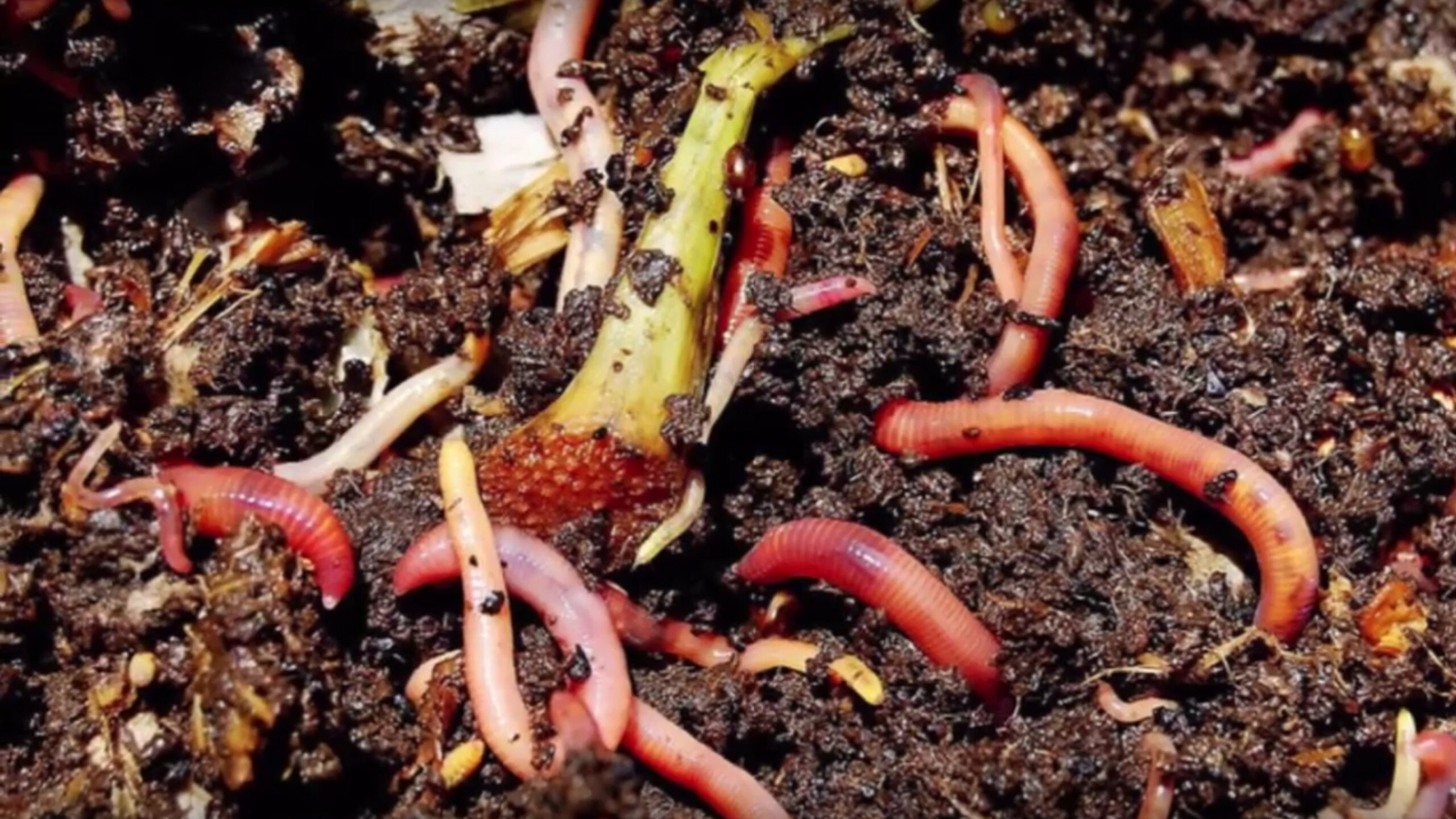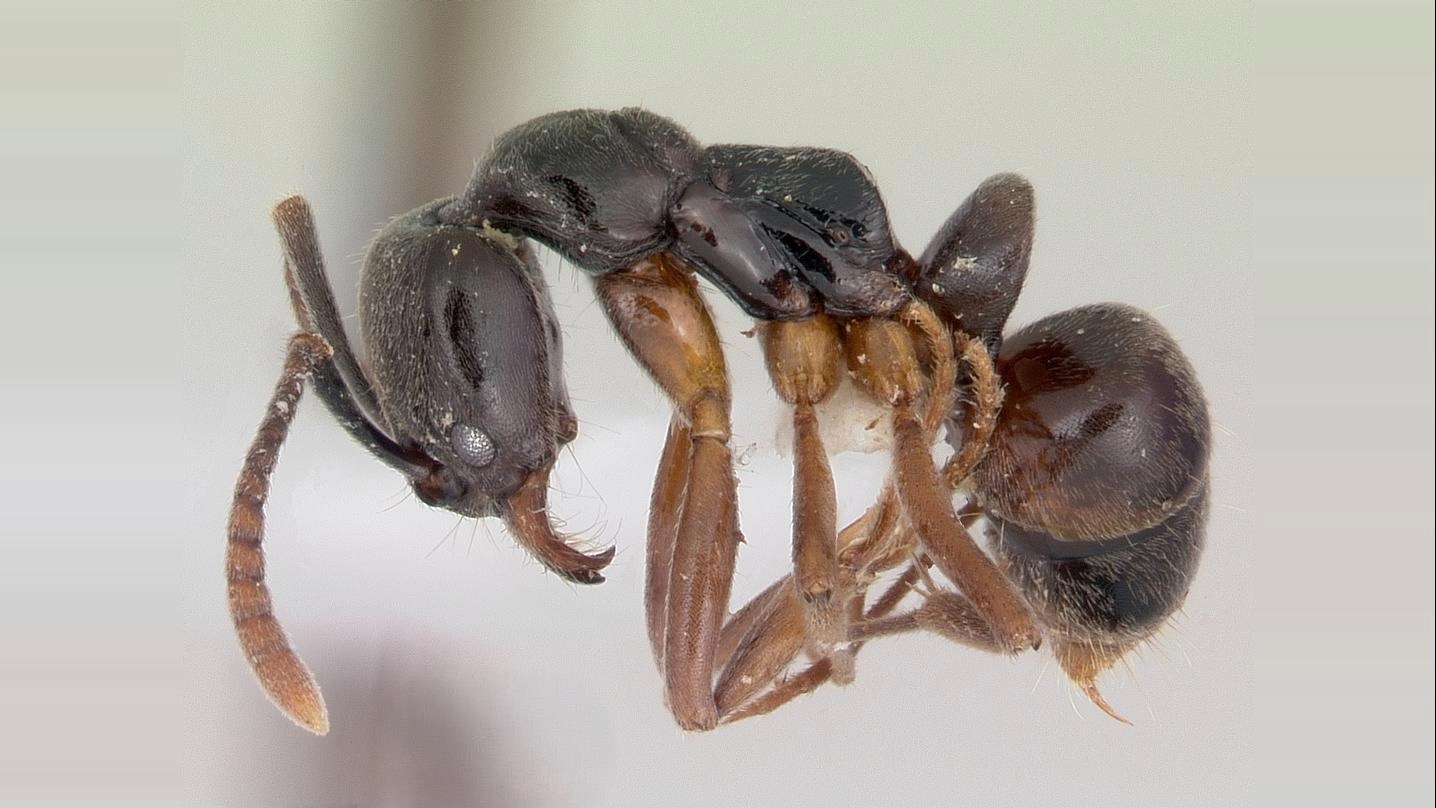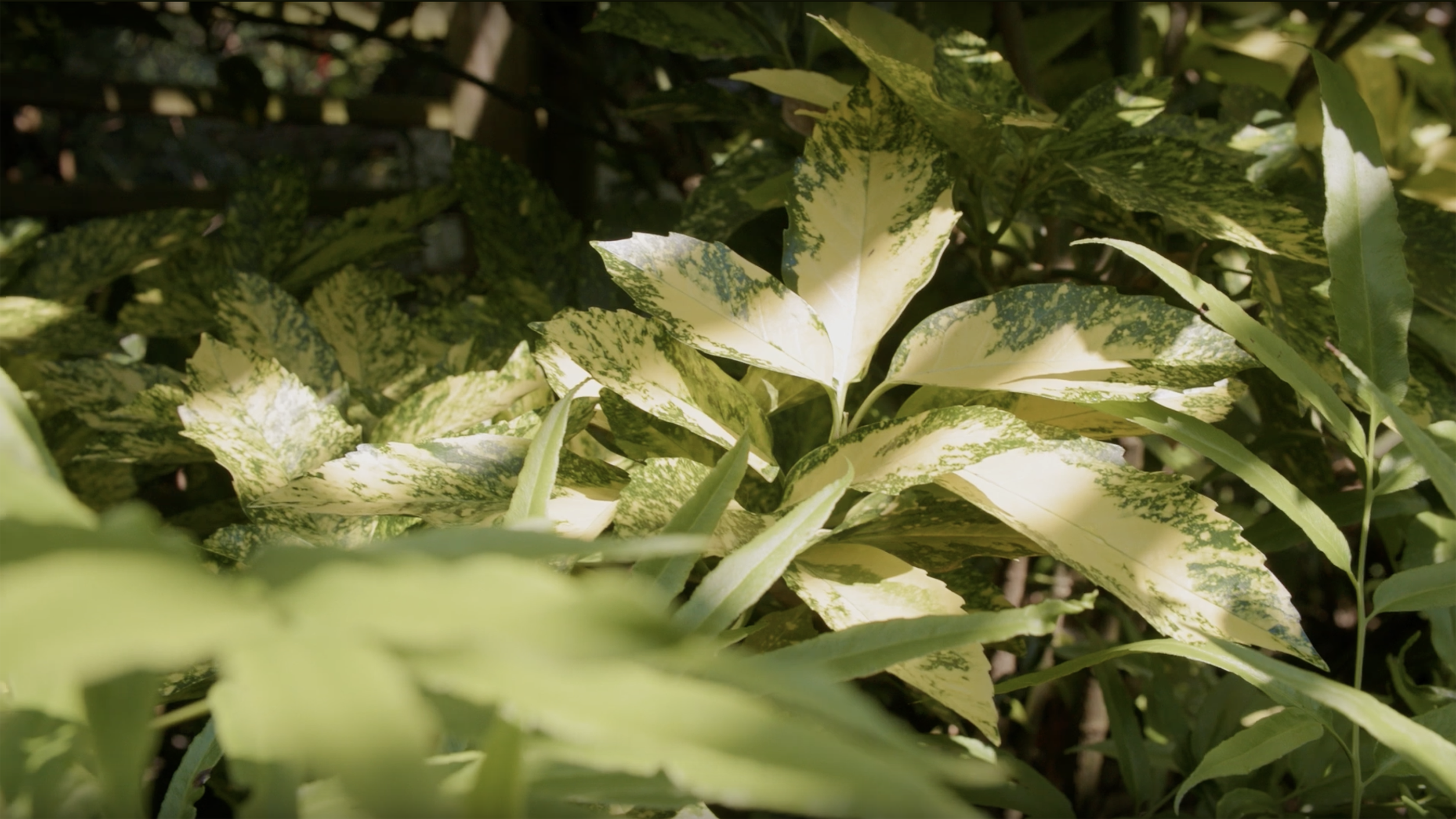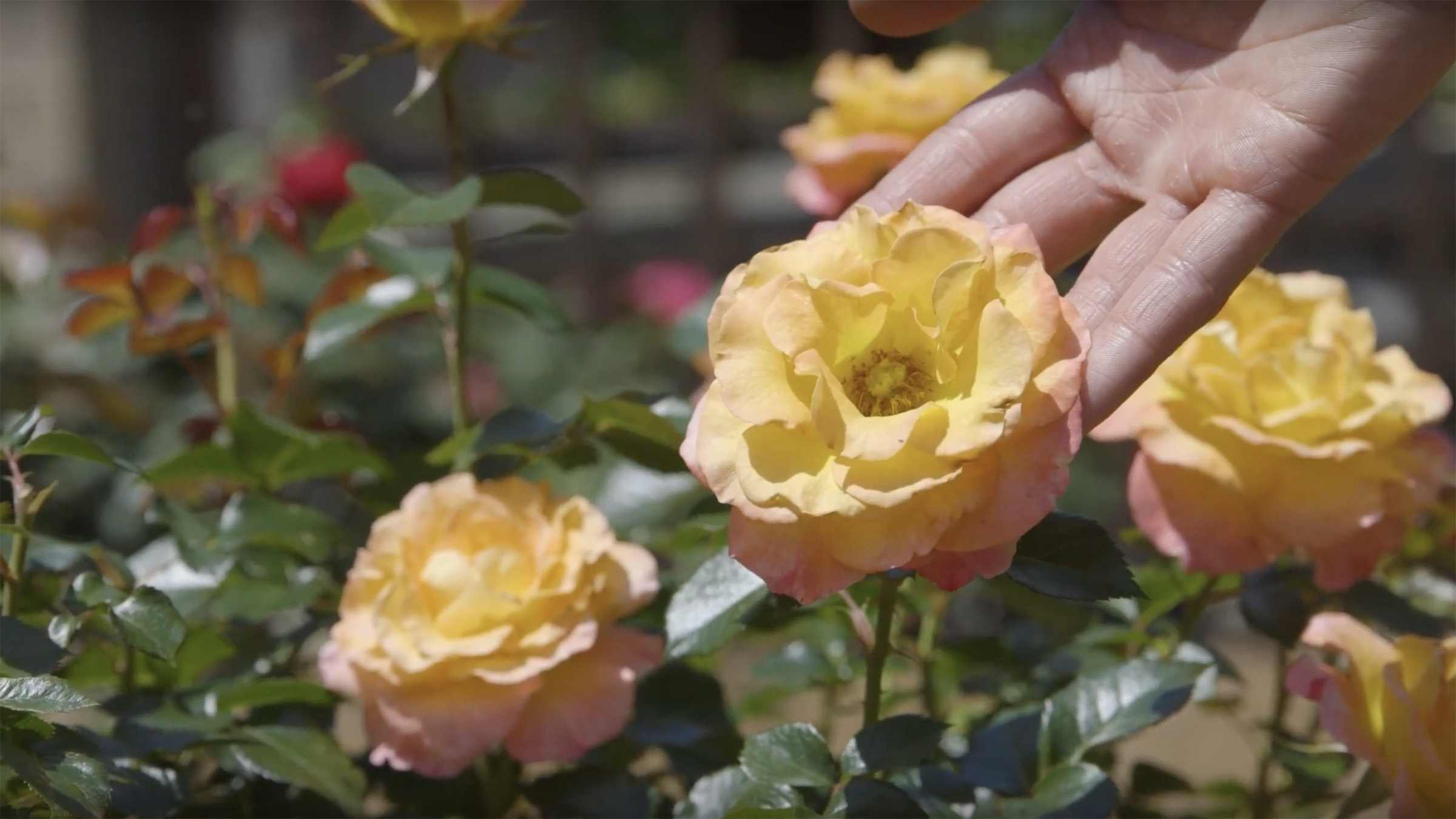Ever heard of vermicomposting?
Chances are you’ve heard of composting, a form of waste disposal where organic materials – like bananas, leaves and egg shells – decompose naturally, broken down by billions of microorganisms, into the essential component of soil called humus (which happens to be a fantastic and environmentally-friendly fertilizer).
Well, just add worms into the mix and, voila, you have vermicompost!
Vermicomposting, or worm composting, is the decomposition and conversion of organic waste – leftovers, yard debris or even paper – with the help of worms.
While vermicomposting is still a new concept to some – it was first popularized in the 1980s – worms have been tilling fields, churning up nutrients and enriching the other “black gold” (soil) for hundreds of millions of years.
These days, Rhonda Sherman, an expert in solid waste management with NC State Extension, is something of worm royalty. Over the past 25 years, she’s established herself as one of the foremost authorities on vermicomposting.
Dig in with Sherman as she shows you how to set up a worm bin and vermicompost your food leftovers in this Homegrown In the Garden segment. Subscribe to our video digest to get all of the latest expert gardening tips!
Hungry for More?
- Download a printable version of the Worms Can Recycle Your Garbage guide.
- Tune in to Waste Solutions: Vermicomposting for worm composting 101 via podcast.
- Visit NC State Extension’s vermicomposting site for more resources.
The Early Bird Gets Registered for the Workshop
NC State Extension is developing its Compost Learning Lab, located in the heart of the 1,500-acre Lake Wheeler Road Field Laboratory in Raleigh, as a premier regional composting demonstration and training site. The site has 26 types of backyard composting and vermicomposting units, a worm barn with roughly 30,000 worms, and of course areas for training activities.
Hands-on training courses are offered periodically for the public, including vermicomposting sessions on setting up a worm bin, harvesting and using vermicompost, as well as other methods to compost organic materials in your backyard.
Visit the Compost Learning Lab site or contact Rhonda Sherman if you’re interested in participating or learning more.
- Categories:



